Publications
Articles, publications, books, tools and multimedia features from the U.S. Institute of Peace provide the latest news, analysis, research findings, practitioner guides and reports, all related to the conflict zones and issues that are at the center of the Institute’s work to prevent and reduce violent conflict.
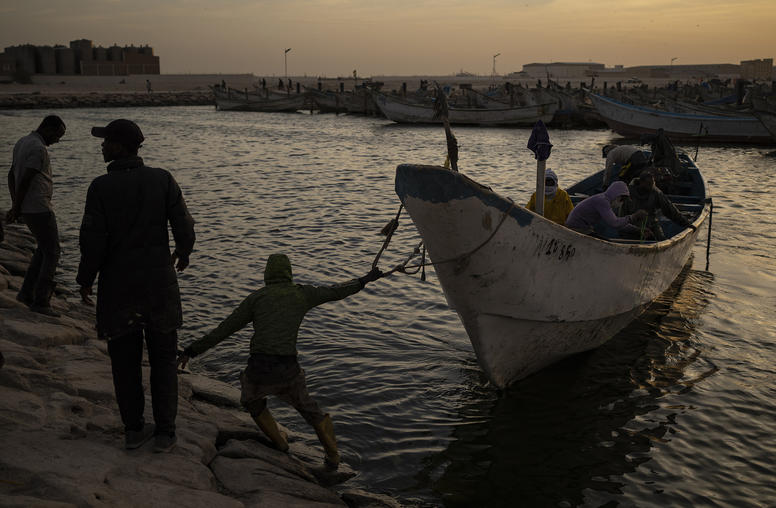
Senior Study Group for the Sahel: Final Report and Recommendations
The United States has not traditionally viewed the Sahel as a region of vital interest, whether in terms of security or from an economic or business perspective. This has led to a pattern of reactive involvement shaped by the circumstances of specific events rather than proactive commitments. This pattern reveals the lack of a comprehensive strategy for the volatile Western Sahel region, which includes Burkina Faso, Chad, Mali, Mauritania, and Niger. In April 2022, President Joe Biden announced that the US government would advance the “U.S. Strategy to Prevent Conflict and Promote Stability” in coastal West Africa by prioritizing a partnership with Benin, Côte d’Ivoire, Ghana, Guinea, and Togo.
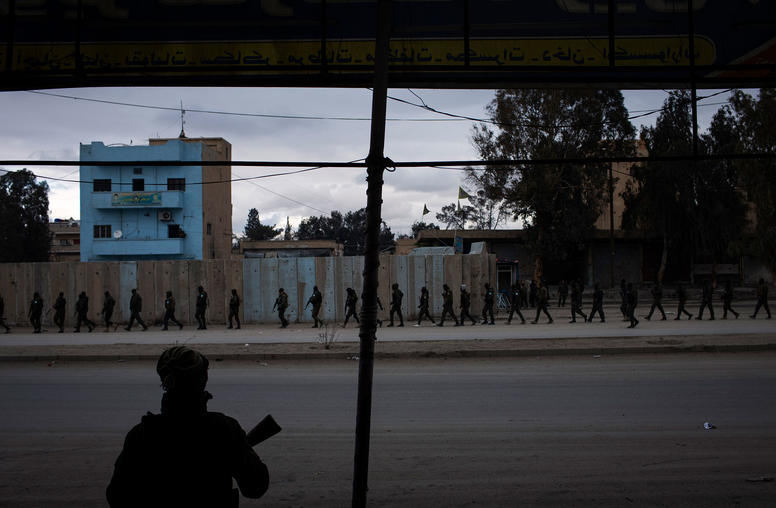
Al-Hol: Displacement Crisis is a Tinderbox that Could Ignite ISIS 2.0
More than three years after ISIS’s territorial defeat, the vexing challenge of displacement threatens to provoke the rise of ISIS 2.0 if not adequately addressed. The May 11 Global Coalition to Defeat ISIS ministerial meeting in Marrakech, Morocco highlights these concerns over the evolving threat the so-called Islamic State still poses. The Marrakech meeting coincides with both growing disquiet at deteriorating humanitarian and security conditions in the al-Hol displacement camp in northeast Syria — ground zero for the ISIS-related displacement crisis — and some hope for a path forward.
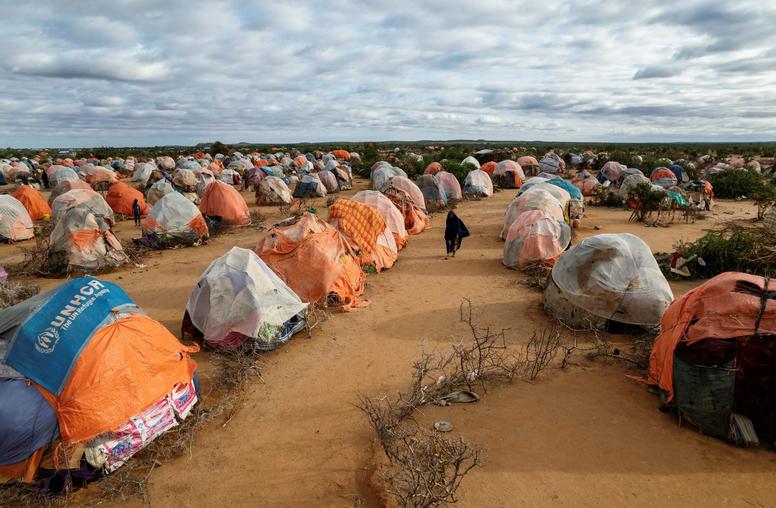
Somalia’s Critical Transition Comes amid al-Shabab and Hunger Challenges
On May 15, Somali legislators selected former president Hassan Sheikh Mohamud to reprise the chief executive role he played from 2012-2017. The vote marks a critical transition for Somalia and in the Horn of Africa, particularly after the election was delayed by two years and marred by corruption and violence. President Hassan Sheikh will return to power in a country seemingly splitting at the seams, amid a devastating drought, a metastasizing terrorist threat and a fractious political scene. Meanwhile, President Biden has decided to redeploy U.S. troops to fight the terrorist group al-Shabab, reversing a move made by President Trump at the end of his term.
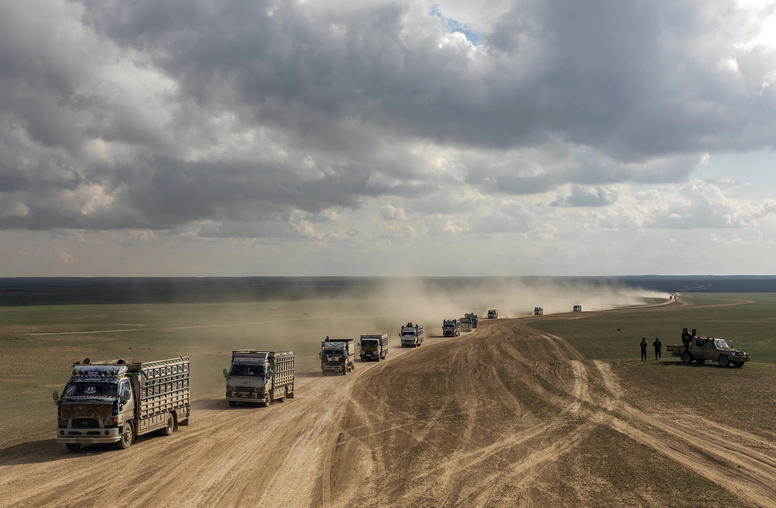
ISIS is a Problem of Yesterday, Today and Tomorrow
More than three years after its military defeat in Iraq and Syria, ISIS is a downgraded threat thanks to the collective efforts of the U.S.-led global coalition that coalesced to defeat it along with Iraqi and Syrian partners. While the extremist group’s capacity has been drastically reduced and millions of people have returned home, ISIS has managed to continue attacks year after year despite no longer holding territory. Meanwhile, some of the most difficult human legacies — the challenges facing the people the ISIS conflict left behind — are still with us, with no end in sight.
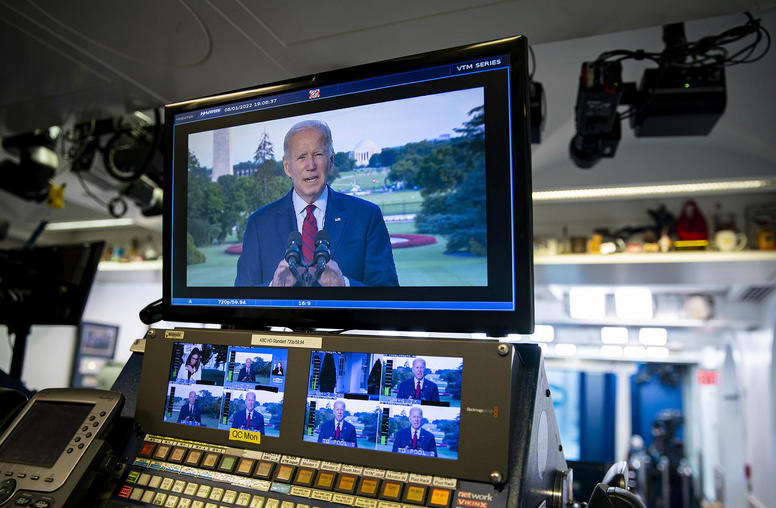
After al-Zawahiri’s Killing, What’s Next for the U.S. in Afghanistan?
On Monday, President Biden revealed that a U.S. drone strike killed al-Qaida leader, and mastermind of the 9/11 attacks, Ayman al-Zawahiri over the weekend. Al-Zawahiri was reportedly on the balcony of a safe house in Kabul, Afghanistan. Last week, the United States participated in a regional conference in Tashkent, Uzbekistan focused on counterterrorism, where Taliban Foreign Minister Amir Khan Muttaqi said his regime had followed through on commitments to not allow Afghanistan to be used as a base for transnational terrorism.
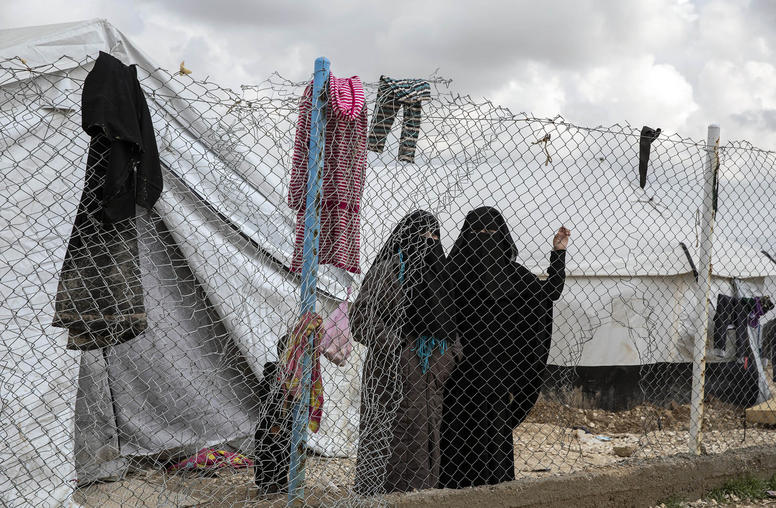
Coronavirus and ISIS: The Challenge of Repatriation from Al-Hol
It was just over a year ago, in March of 2019, that the United States and coalition forces declared the territorial defeat of ISIS following the fall of its last stronghold in Baghouz, Syria. Male fighters over 15 were placed in Kurdish run detention centers throughout northeast Syria, while tens of thousands of women and children who were living among the terrorist organization streamed into the al-Hol camp, giving rise to an unprecedented mix of humanitarian and security challenges. If left unaddressed, the camp could easily serve as the breeding ground for the next generation of ISIS, which is already beginning to reemerge in parts of Syria and Iraq.
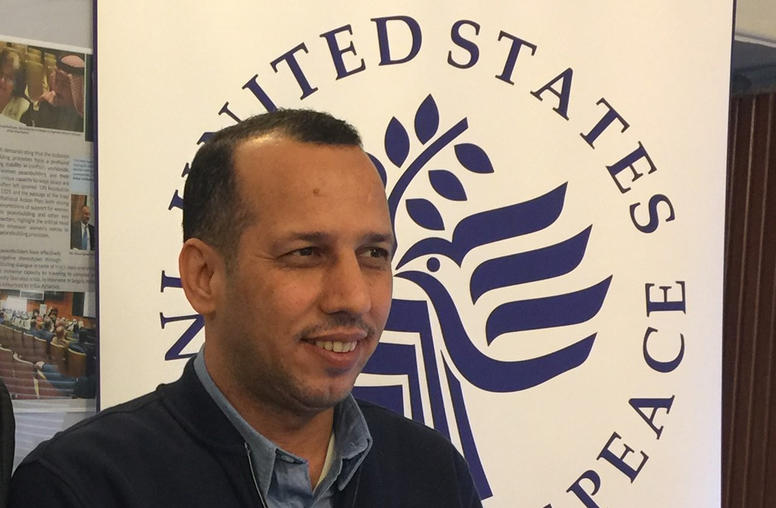
The Implications of the Assassination of Husham al-Hashimi
The assassination of our colleague and friend Husham al-Hashimi by unidentified gunmen in Iraq comes as a shock to those who knew him, and to those who did not. Not because assassinations in Iraq are unfamiliar, but rather for other reasons, the most important being Husham’s personality, his experience, ethics, and dedication to the cause of peace in his country; also because of the optimism felt by many after Mustafa al-Kadhimi took over as prime minister and the measures he undertook.
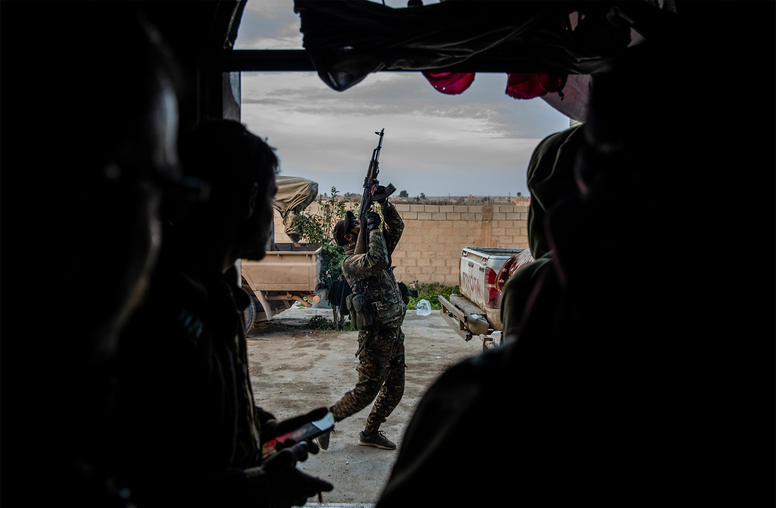
ISIS Determined to Make a Comeback—How Can it Be Stopped?
The Islamic State (ISIS), which was driven from its strongholds in Syria and Iraq over a year ago, is determined to regain territory in the region. It will take a combination of military and financial pressure, attention to public grievances, and the repatriation and rehabilitation of people who lived or fought with ISIS—as well as those who were subjugated by them—to foil the militant group’s ambitions, according to senior U.S. officials. This already tall ask has been made even more challenging by the outbreak of the COVID-19 pandemic.
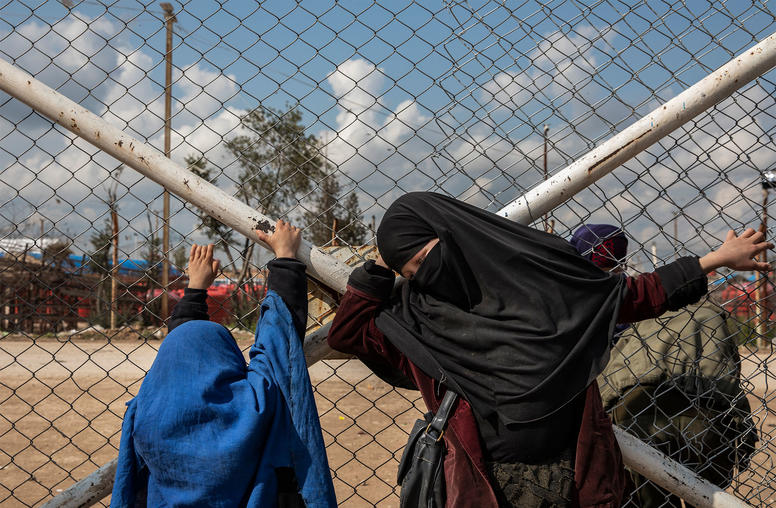
To End ISIS, We Must Find Futures for Its Survivors
At age 15, Shamima Begum ran away from home in England and, with two girlfriends, ventured into Syria’s war to join ISIS. Within days, she was married to an ISIS fighter; she has since had three children, all of whom have died. Begum, one of 70,000 former residents of the ISIS-declared state now confined in a displacement camp in Syria’s desert, is asking a British court to overturn a government order that stripped her of her citizenship. As nations worldwide seek justice, accountability—and their own security from ISIS’ violent extremism—Begum’s story shows how a “peacebuilding” approach is needed.
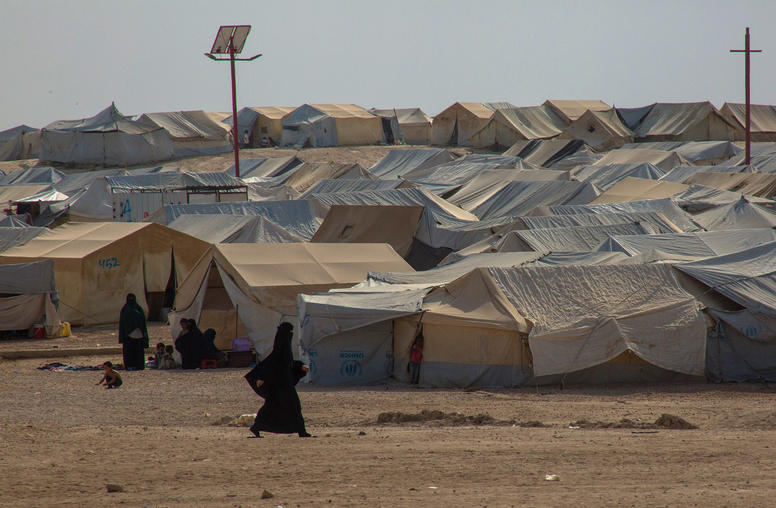
Can Syrians Who Left ISIS Be Reintegrated into Their Communities?
More than a year since the territorial defeat of ISIS, the region is still reeling in the wake of the self-styled caliphate’s destruction. Kurdish authorities operate two dozen detention facilities in northeast Syria holding thousands of former ISIS fighters. On October 5, Kurdish authorities in charge of al-Hol said they would free the 24,000 Syrians in the camp, where conditions have become increasingly unsustainable. USIP’s Mona Yacoubian, Chris Bosley, and Leanne Erdberg Steadman look at what led to the decision to release these Syrians and the challenges ahead for reintegrating them into their communities.